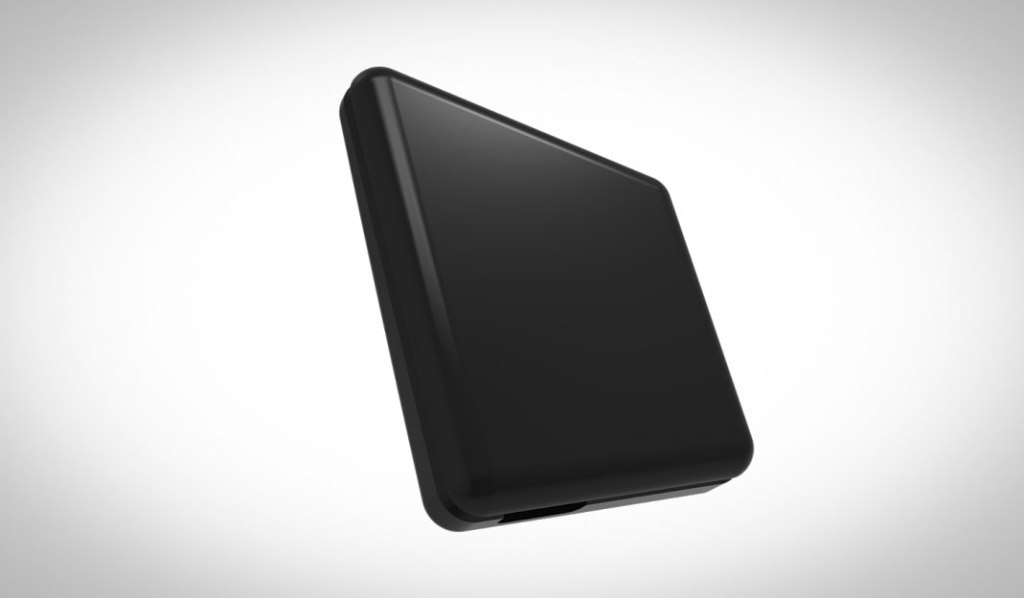
We’ve spoken to the folks from Kiwi Wearables before: Back in September we caught up with them at the Disrupt SF Hackathon, when they were preparing their platform and demonstrated what it could do with a sensor-laden prototype used as a gesture-based musical instrument. Now, Kiwi is ready to unveil its hardware, and make it available to consumers for pre-order.
The Kiwi Move is the product of its work to date, a small 1.6″ by 1.2″ gadget that’s only 0.35″ thick and weighs just a single ounce, but that contains an ARM Cortex M4 chip, a Bluetooth LE radio and 802.11b/g antenna, as well as an accelerometer, gyroscope, magnetometer, barometer and thermometer. It has 2GB of onboard storage, and can last 4 hours streaming data constantly, or 5 days under normal, periodic use. There’s an LED for displaying light-based notifications, and it ships with four native apps, plus a basic programming tool, and plug-in support for other devices.
I spoke with Kiwi co-founder Ali Nawab and Ashley Beattie about the device and their goals with the campaign, which kicks off today and runs through the next couple of months. Pre-order pricing for the Kiwi Move is $99, but they’ll be more than that once the campaign ends. The team is looking to ship in July, 2014 if everything goes according to plan, and they tell me they’ve already seeded developer devices, worked out supply chain issues and even begun FCC testing (which is going very well) so they anticipate being able to meet their schedule.
The Kiwi Move ships with apps to begin with to prove to consumers its usefulness, though it’s designed to be used as a stepping off point for developer ambitions. Eventually, Kiwi will have an app ecosystem with developer partners, but off the shelf, it provides Kiwi Move (which does activity and movement tracking), Kiwi Voice (for recording voice notes locally and for voice-powered input on their connected devices), Kiwi Ingishts (metrics tied to activity and motion tracking) and Kiwi Gesture (a way to use the device as a motion controller for connected home devices or other device input).
There’s also support for third-party plugins, so that you can use it with Pebble, Philips Hue, Google Glass and apps including Strava and Run Keeper, as well as ‘When/Do,’ a basic user-oriented simple programming platform that lets people create their own actions with “if this, then that” style language to set the Kiwi Move to take steps when it detects specific contexts. It’s a way to make the many different functions Kiwi’s hardware is capable of work together in tandem with a minimum of user input.
I asked both Nawab and Beattie about the risks of trying to do too much when every wearable device so far has been relatively niche, but they argued the versatility of Kiwi Move is its greatest strength, rather than something that could potentially confuse their target audience. They say that they’ve made sure to present the Kiwi Move as something usable out of the box, and minimized talk of sensors and technical details. It’s a launch aimed specifically at users, and while developers will also be key to its success, it’s interesting to see a startup that wants to be a platform take this tack at this stage in their evolution.

ConversionConversion EmoticonEmoticon